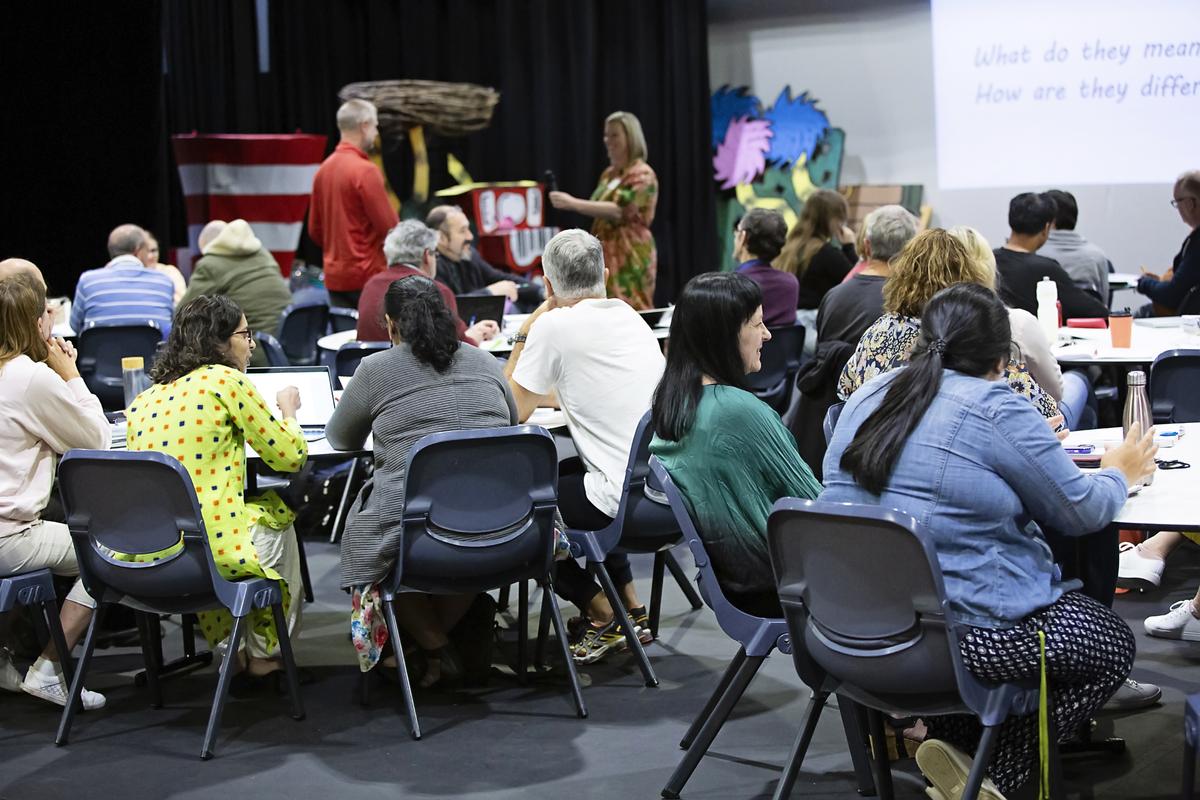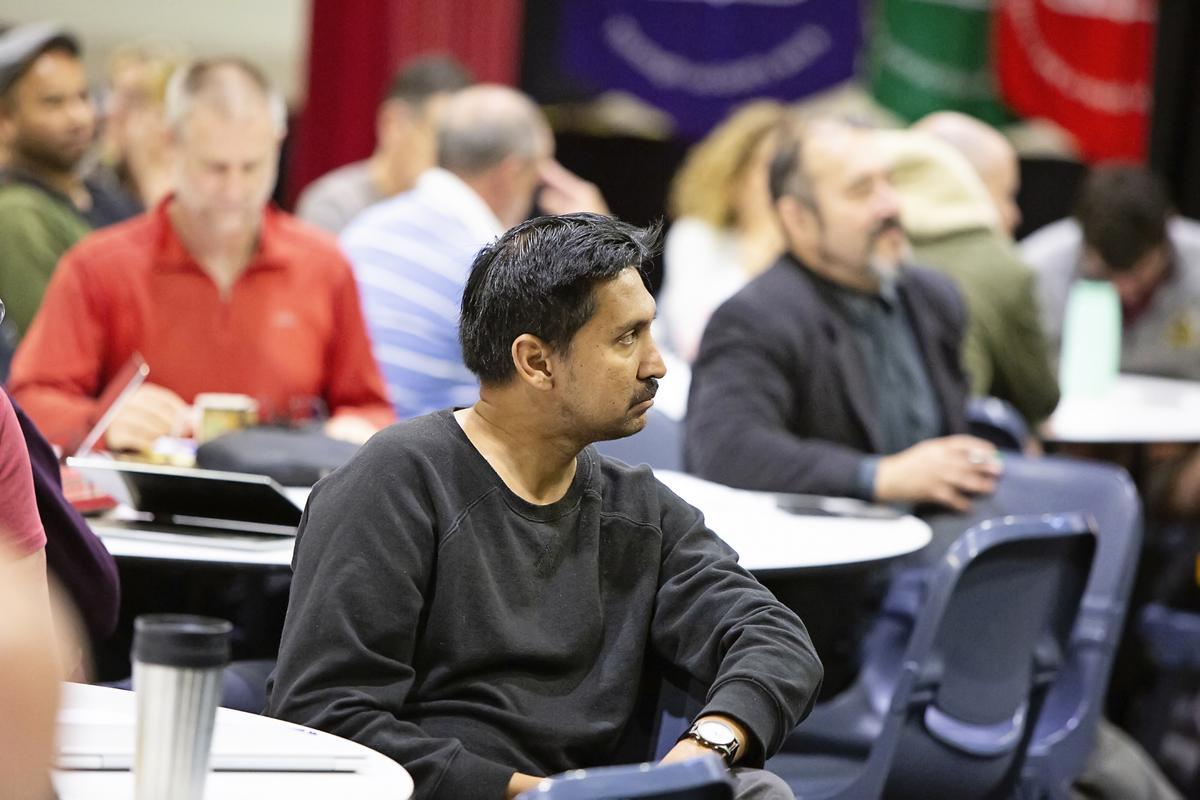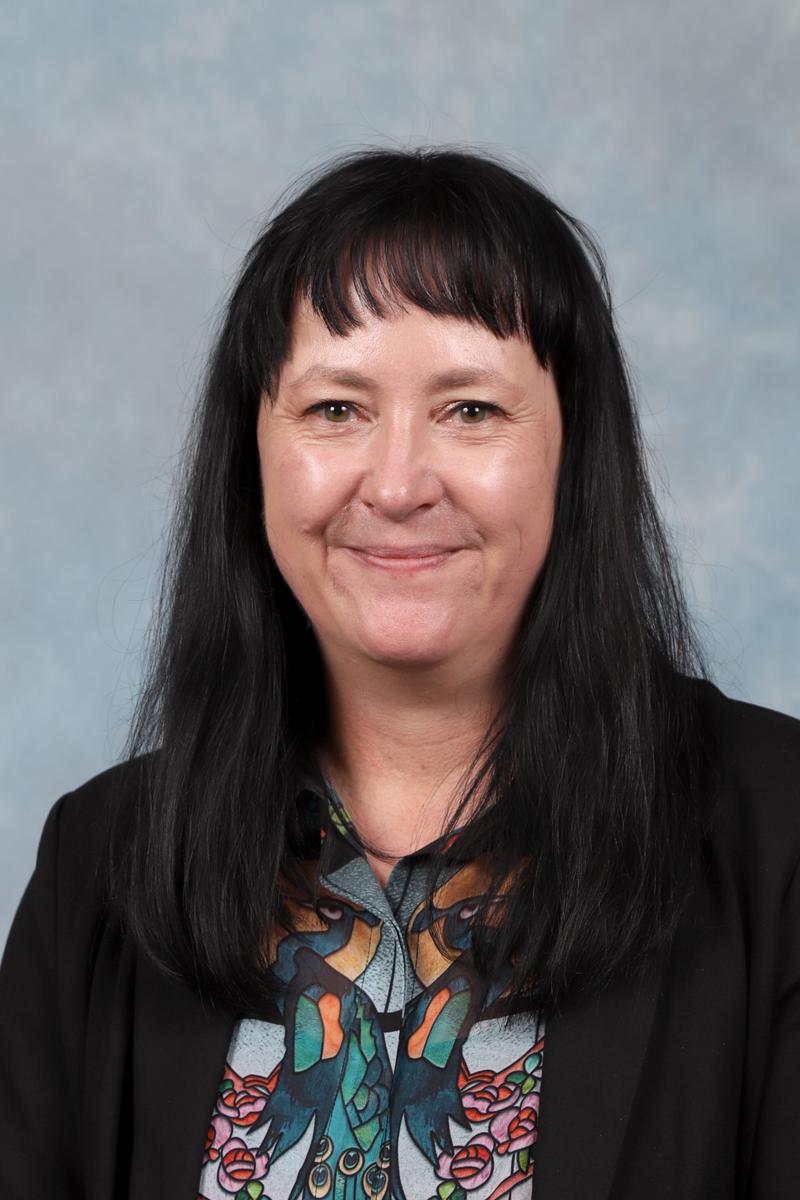Deputy Principal Teaching and Learning Report

Staff Professional Learning
In recent decades, the profession of teaching has changed immensely (Bressman, Winter & Efron, 2018). Education is being reshaped by forces such as the Information Age and Globalisation (MCEETYA, 2008). Increasing accountability measures and the expectation that teachers ensure the success and growth of all students have challenged teachers to improve their practice (Burke, 2002). Schools need to be more systematic in how they provide professional learning for teachers at all stages in their career, in order to support teachers to support students, and to keep pace with these changes.
Teacher professional learning is central to promoting successful teaching and ensuring school improvement (Dinham, 2015, p. 199). There is clear evidence that good professional learning improves student learning outcomes. (Hattie, 2012). Traditionally, professional learning for teachers has consisted of formal learning experiences undertaken individually and outside the classroom. In recent decades, educational researchers have demonstrated the importance of changing this understanding of teacher professional learning (see, for example, Fleming and Kleinhenz, 2007). Good professional learning can occur in informal ways, in the classroom, and often in partnership with other teachers in a team (Evans, 2014, Rawlins et al., 2014).
At Nazareth College, on Day 2, Nazareth students finish classes at 1.32 pm. Staff then undertake Professional Learning. Teachers and school leaders work together to build the professional capital of our College. Some sessions have and will focus on compliance requirements such as Child Safety and Anaphylaxis management. Teachers work on Action Research projects that are centred on one of the three areas of focus for the School Improvement Plan: engagement, feedback and a performance and development culture. In some sessions we learn about the particular leading needs of students on the NCCD. We have planned a series of sessions to improve our cultural awareness, especially of Aboriginal and Torres Strait Islander people. We offer teachers Professional Learning about Catholicism. We also plan to look at the use of data to inform teaching practice and at developmental rubrics to help us differentiate our instruction.
Ms Claire Nailon
Deputy Principal Teaching and Learning
References
Bressman, S., Winter, J. S., & Efron, S. E. (2018). Next generation mentoring: Supporting teachers beyond induction. Teaching and Teacher Education, 73, 162-170.
Burke, K. (Ed.). (2002). Mentoring guidebook: Starting the journey. SkyLight Professional Development.
Dinham, S. (2015). Leading learning and teaching. Camberwell: Australian Council Educational Research (ACER).



